Reviewed on: PC (Steam)
Distributor provided a review copy.
To say that MORTAL SHELL is inspired by DARK SOULS would be an understatement. That’s usually hyperbole, and most Souls-Like games bear only a passing semblance to the hugely influential franchise. But in the case of the often gorgeous indie titles, the lifts are so apparent that, at first, they detract heavily from the big picture. But once the unique mechanics and stellar art design get their chance to shine, MORTAL SHELL emerges as a brilliant – if rough – debut game.
Set in yet another dark, dire world of lost souls, wandering demons, and stark beauty, MORTAL SHELL pits you in the skinless, Vitruvian body of The Foundling. A spirit, wraith, or something that can take the form of the soulless corpses it comes across on its journey through the corrupted world. There’s little in terms of plot to MORTAL SHELL, even as there are ample amounts of story. Littered around the world are descriptions of the world gone by, and finding them becomes a part of the story that’s as important as the quest itself.
Said quest revolves around Fallgrim Tower and its surrounding areas. Each landscape is guarded by a boss battle, which grants the player a new weapon once they’re defeated. Visually these areas are distinct, beautiful, and surprisingly stunning considering the small budget and team. It feels like a journey in the best possible way, even as the first few hours in the generic swampland feel underwhelming.
True to the Souls format, MORTAL SHELL is built around a gameplay loop of exploration, difficult combat, and save points that are scattered sparsely throughout the world. Instead of bonfires, SHELL introduces yet another maternal watcher into the despair, Sister Ganessa, who provides the player sanctuary. Unlike the other Souls games, these save points are incredibly rare, and some areas will leave you terribly frustrated due to their length. A single death can sometimes mean an hour or more of replaying the same fights. It’s an issue with the genre that might never be fixed: sometimes hard for the sake of being hard doesn’t mean the same as challenging.
On the technical side of things, there are very few negative things to be said about MORTAL SHELL. For how little it was made, this feels like a big, expansive title that a big AAA house could have put out. While some animations are clunky, and the Foundling will often slide on the ground a little too much for comfort, there are moments of brilliance all around. The wandering parties of mercenaries feel unique, even as they’re clearly not because their idle animations feel grounded and real. Watch them from afar and you’ll see them tend to fires, wander around bored, or even play instruments to pass the time. As the monsters grow bigger and more fierce, they become visions of terror that give the Souls franchise a run for its money.
Borrowed elements aside (hello DARK SOULS menus), MORTAL SHELL looks and feels like a unique experience – something that isn’t easy to do, and needs to be commended when done well.
It’s only the combat that feels stiff, and this is where things become hugely subjective. Personally, I’m a fan of how DARK SOULS allows for multiple play styles that contrast speed vs power, but such a choice doesn’t feel like an option here. There are four unique Shells, or dead bodies, to take over, each with their own unique abilities and styles. But in the end, they all move at a similar, somewhat sluggish pace. Compared to other titles in the genre of the past few years (most notably something like SEKIRO), MORTAL SHELL requires such a drastic adaptation in style that it takes quite a bit to get used to it.
What does help is the stellar hardening mechanic, which sets MORTAL SHELL apart from all other genre competitors. At the push of a button, The Foundling can harden themselves into an unbreakable statue that blocks all damage for a short period of time. This can be done to protect oneself in a melee or, more importantly, in the middle of an attack, which freezes your sword in mid-air, blocking an enemy attack, only for you to then resume where it left off.
It’s a mechanic that’s poorly explained in the opening tutorial, but once you actually begin to use it in the field it becomes second nature. There’s an argument that could be made that it does make some battles remarkably easy, even with the cooldown timer after every use, but for us whose reflexes aren’t what they used to be, it’s a lifesaver. It adds a tactical element to the combat that most others overlook entirely, and it’s a thrilling change from just shields and parrying (though the latter is present as well).
The same applies to exploration. While initially, the lack of reusable health potions or spells feels utterly painful, by the time the final areas begin to unveil themselves the journey feels well-earned. Every level needs to be planned in advance, every victory snatched from the claws of death. Sometimes running away is an entirely valid option, and to the credit of developer Cold Symmetry, the game never goes for a cheap shot kill when you bravely flee the battle.
Made with just a 15-person team and a limited budget, MORTAL SHELL feels like a tiny miracle. It’s clunky and janky and has issues with explaining some of its mechanics, but it’s also inventive and grand, and neither of those should ever be taken for granted. The adventure is on the short side, but that allows for the game to focus on what truly matters. It’s a stellar debut from talented designers, one that cries out for a bigger budget sequel right away.


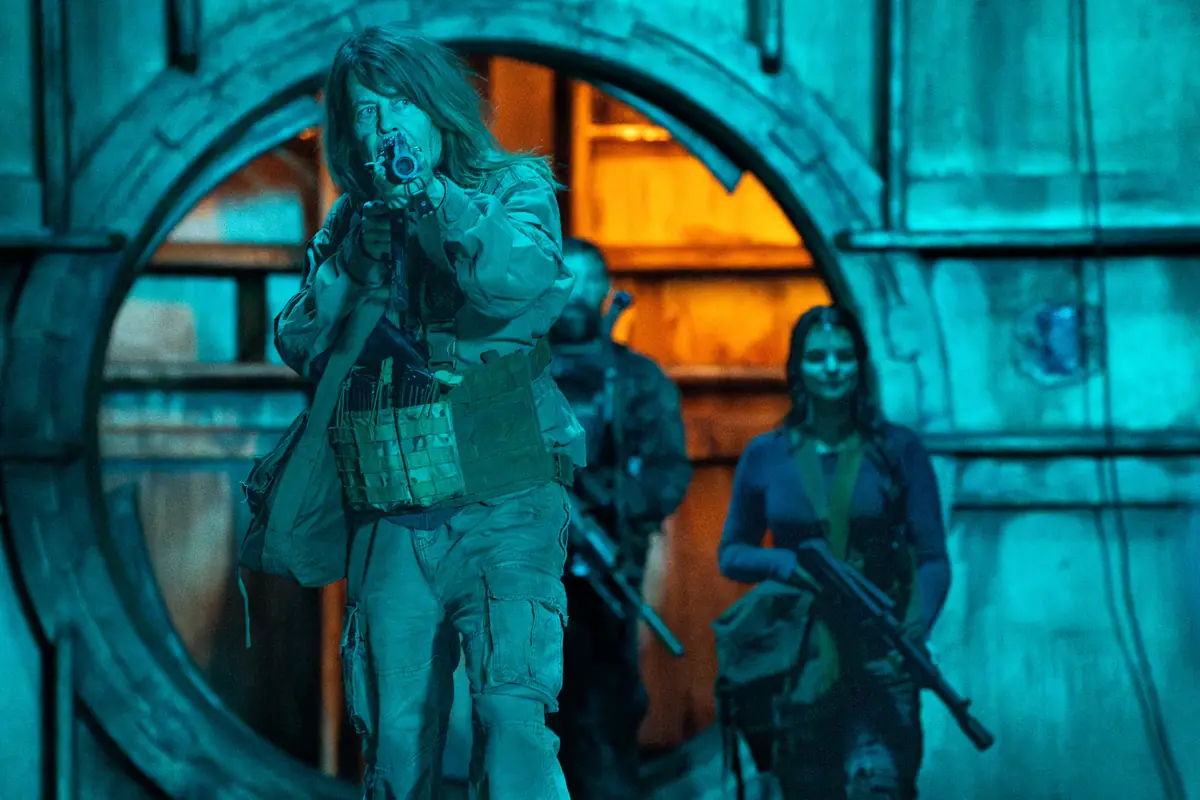

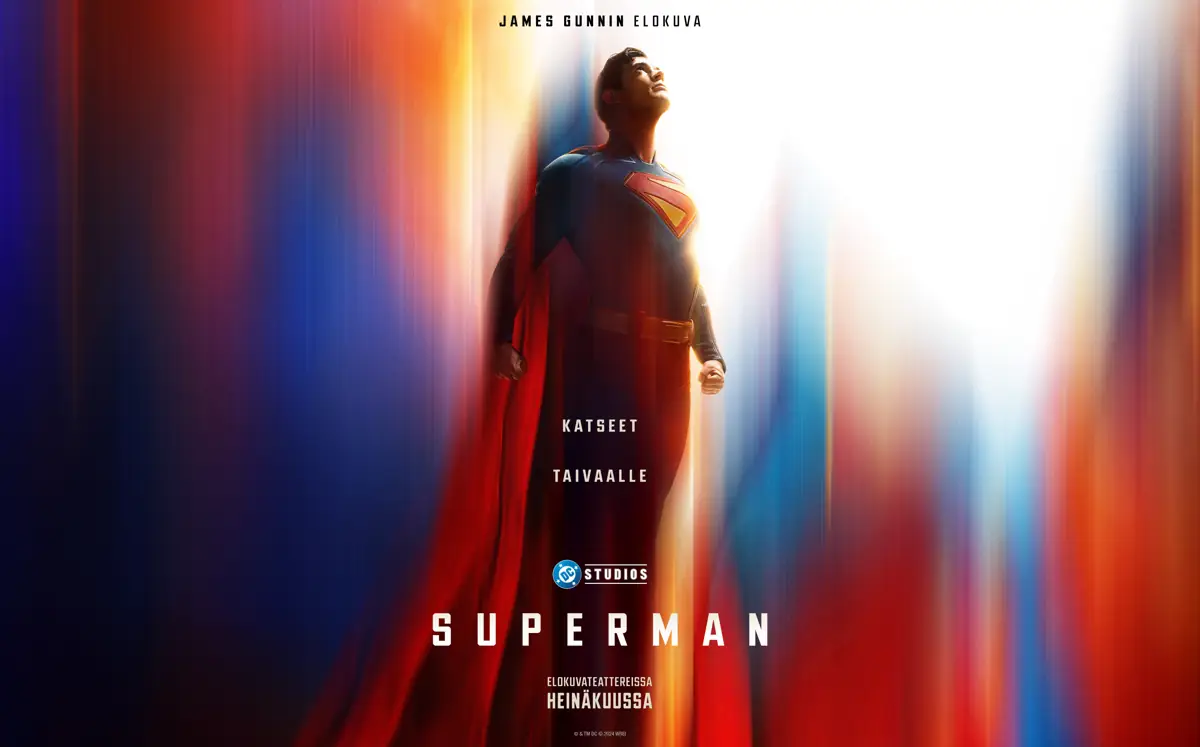


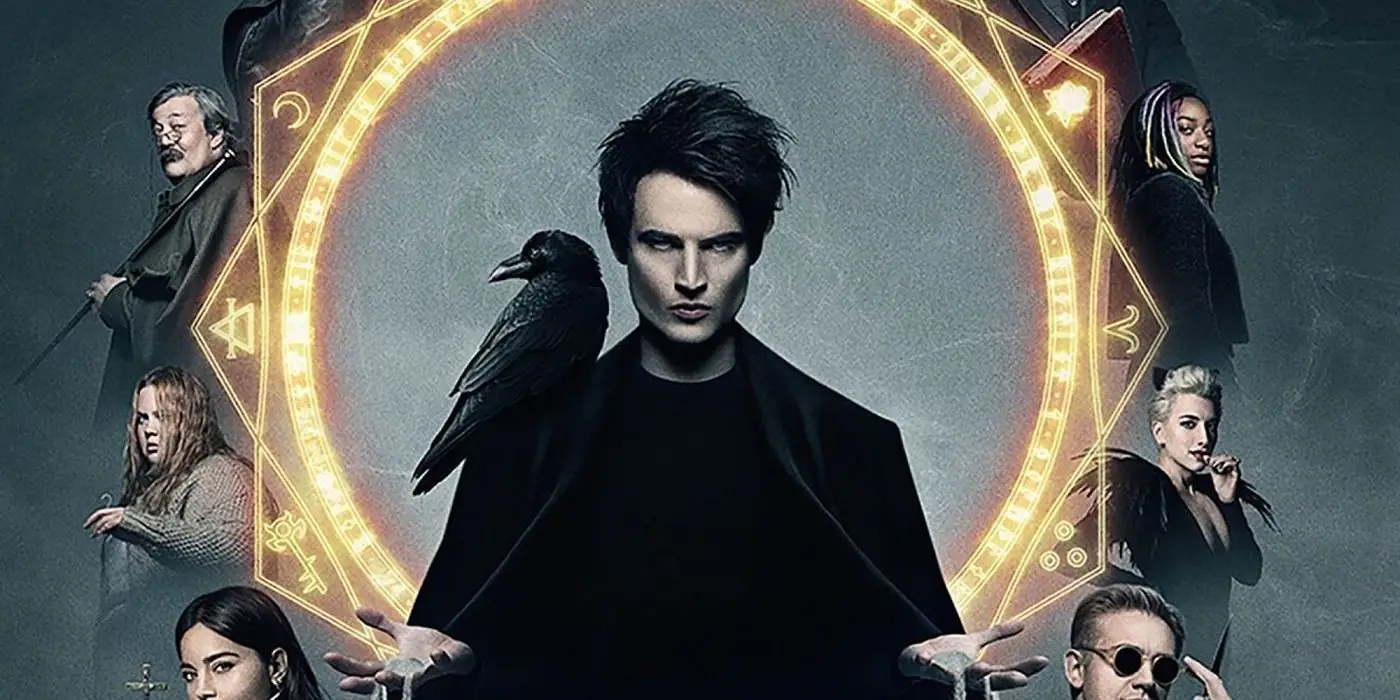
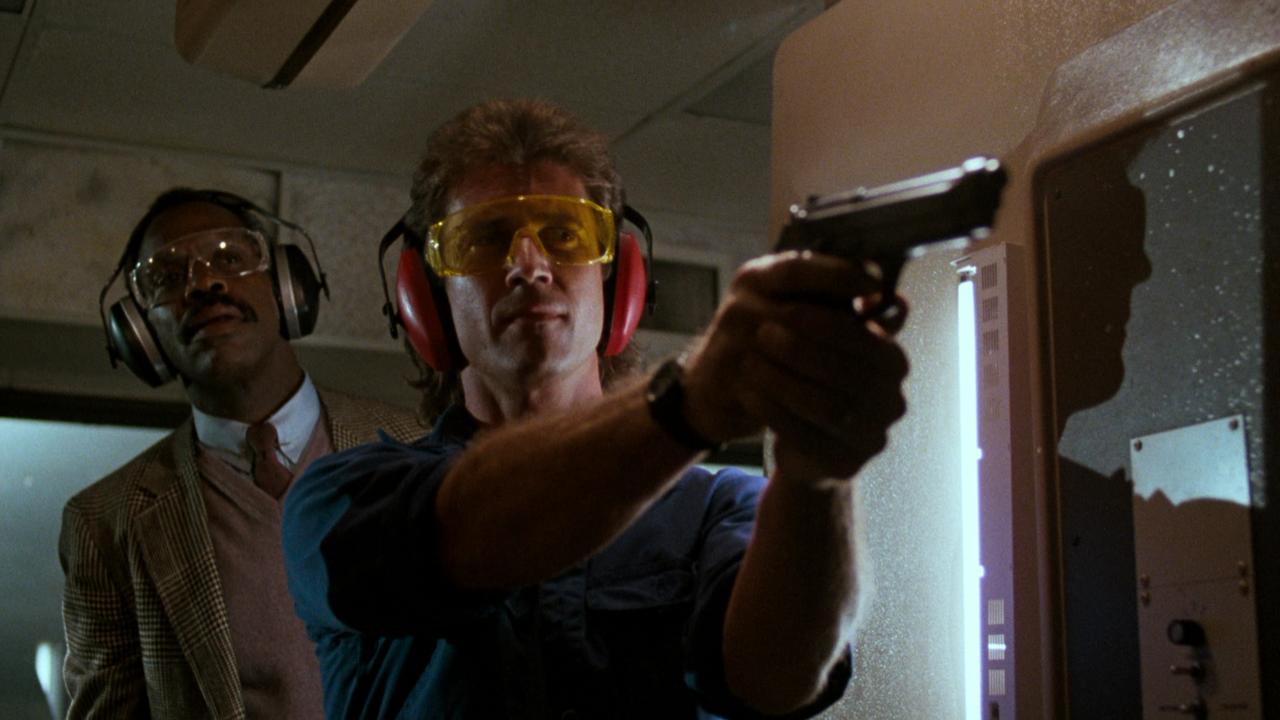

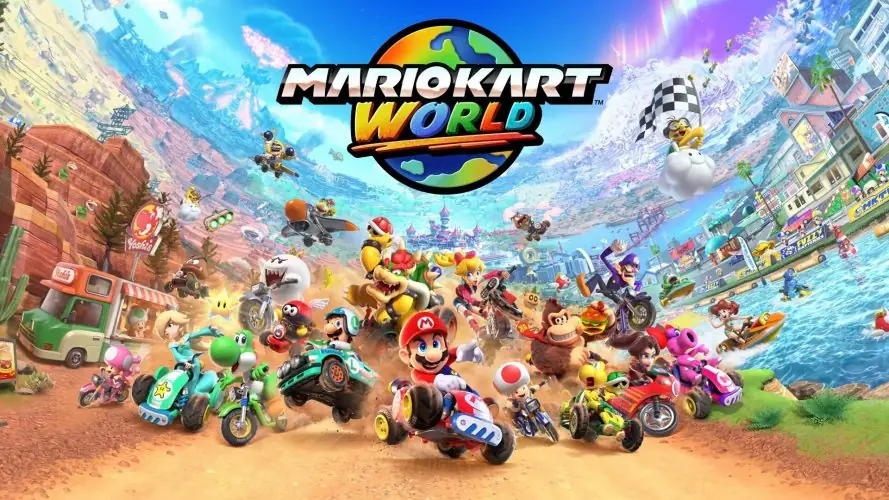
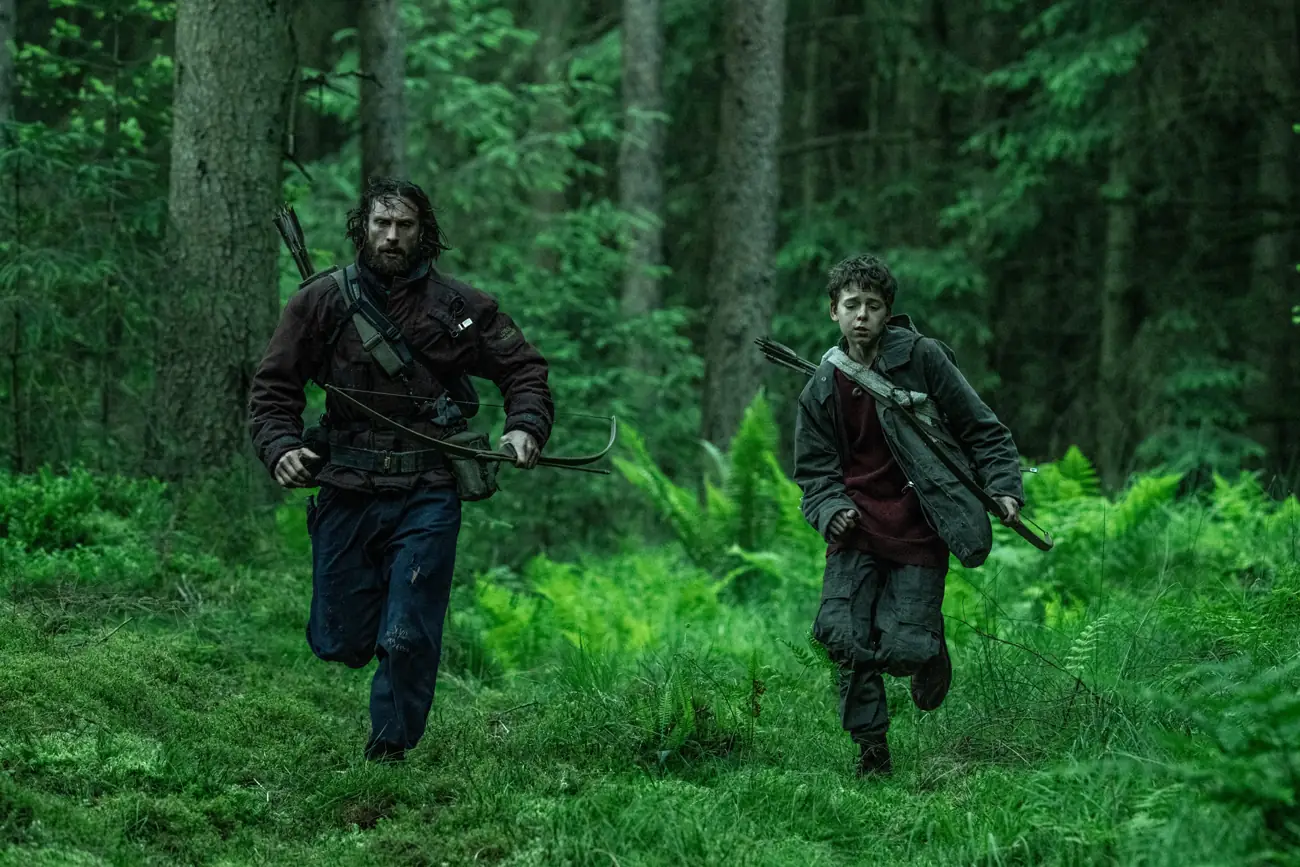

Discussion